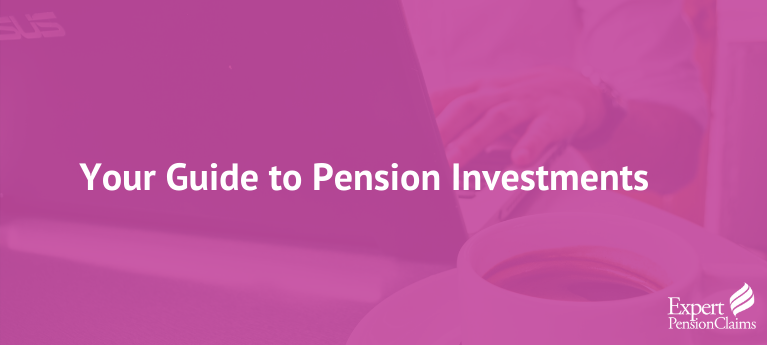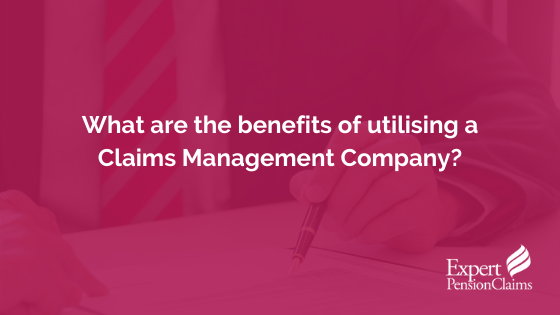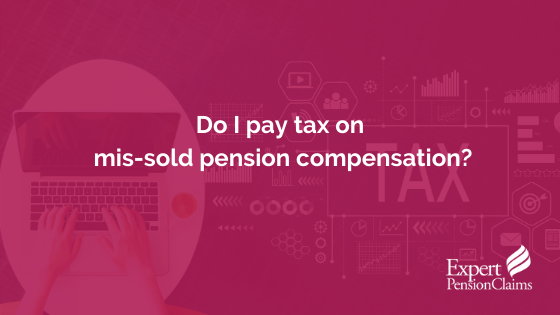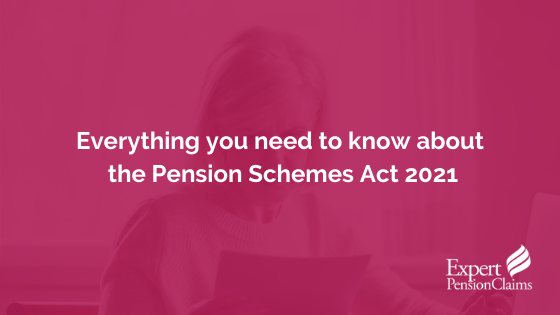To avoid the dangers of financial mis-selling, you need to have the right information at your disposal so you can be fully informed. It’s exactly the same when it comes to pension investments. There is a whole range of pension investments out there, and each one holds varying levels of risk – which is why you should be prepared.
Fortunately, you can use our pension investments guide to educate yourselves against making the wrong choice. Many pension investments are irreversible, so it’s important that you’re informed.
What are pension investments?
A ‘pension investment’ is simply an umbrella term for the numerous ways that you can save for retirement. You put money aside which is then invested in your future. The term covers numerous types of pension, from defined contribution plans and state pensions to self-invested personal pensions and stakeholder schemes. We’ll now define these terms and explain the different ways that you can benefit from them.
And what are defined contribution pensions?
You may also have come across the term ‘defined contribution plans’. This is the name given to the more traditional pension plans where both you and your employer make regular contributions which are then invested on your behalf for your future. Remember: if you are ever confused by a financial term, you can consult our jargon buster to clear up any misunderstanding.
What kinds of pension investments are available?
Because there are so many different types of pensions available, it’s important that you have enough information and that you know which may be better for you. In this section, we’re going to explain, in detail, the range of plans that are out there.
Workplace pension schemes
As the standard and most commonplace pension scheme, workplace pensions are now mandatory for all UK employees (between 22 and state pension age) who earn over £10,000. They are mandatory in that you are automatically enrolled by your employer, but you can opt-out if you want to.
This law changed in early 2018, when it was decided that employees were to be auto-enrolled and that employers were required by law to contribute to employees’ pensions. The current minimum employee contribution into these pension schemes is 5% of your annual ‘qualifying earnings’ (this also includes a 1% tax relief). Your employer must also pay in at least 3%.
State pension
Aside from your workplace pension, your state pension is another common scheme. A state pension is a pension you get from the government once you reach State Pension Age. Your state pension age depends on your date of birth. From December 2018, the UK State Pension Age started to rise for both men and women, and it will reach 66 by 2020. From there, it will increase from 66 to 67 between 2026 and 2028.
With regards to your state pension, there are a couple of things to note. Firstly, the new full State Pension is currently worth £164.35 a week (although the amount you receive will depend on the National Insurance Contributions (NICs) that you’ve made). There will have to be 10 years’ worth of contributions on your record for you to claim any State Pension, and you will only qualify for the full State Pension if you’ve made National Insurance contributions for 35 years and above.
Stakeholder pension schemes
A stakeholder pension scheme is just another defined contribution pension scheme where the retirement value is based on how much you pay in over time. Stakeholder schemes are organised between the individual and their pension provider, and are available to everybody (including those not in full-time employment).
Self-invested personal pensions (SIPPs)
Another type of defined contribution plan, a self-invested personal pension (SIPP) offers more investment opportunities than other personal pensions. For such reasons, SIPPs are better suited to more seasoned investors who are comfortable and familiar with the risks that come with investing.
You are in full control of your financial future with a SIPP. You can either manage your investments on your own or hire an authorised investment manager to look after your investments. Historically speaking, SIPPs often have higher charges than other personal pension plans (although lower-cost options are gradually being rolled out). Like stakeholder pension plans, you can pay into a SIPP if you are employed, self-employed, or not working.
You can learn more about SIPPs and SIPP claims here.
Are you seeking compensation?
If you’re looking for information around claiming compensation for a mis-sold pension product, you’ve come to the right place because it all starts with information. It’s absolutely vital that you inform yourself of the risks, as well as the actions you may need to take if you’ve been mis-sold to.
Keep an eye on our blog section, as it’s always been updated – there are plenty of insights that may well be of interest. Contact us for more information about your claim, or fill in the enquiry form which can be found anywhere on our site. It takes just 30 seconds to complete.














